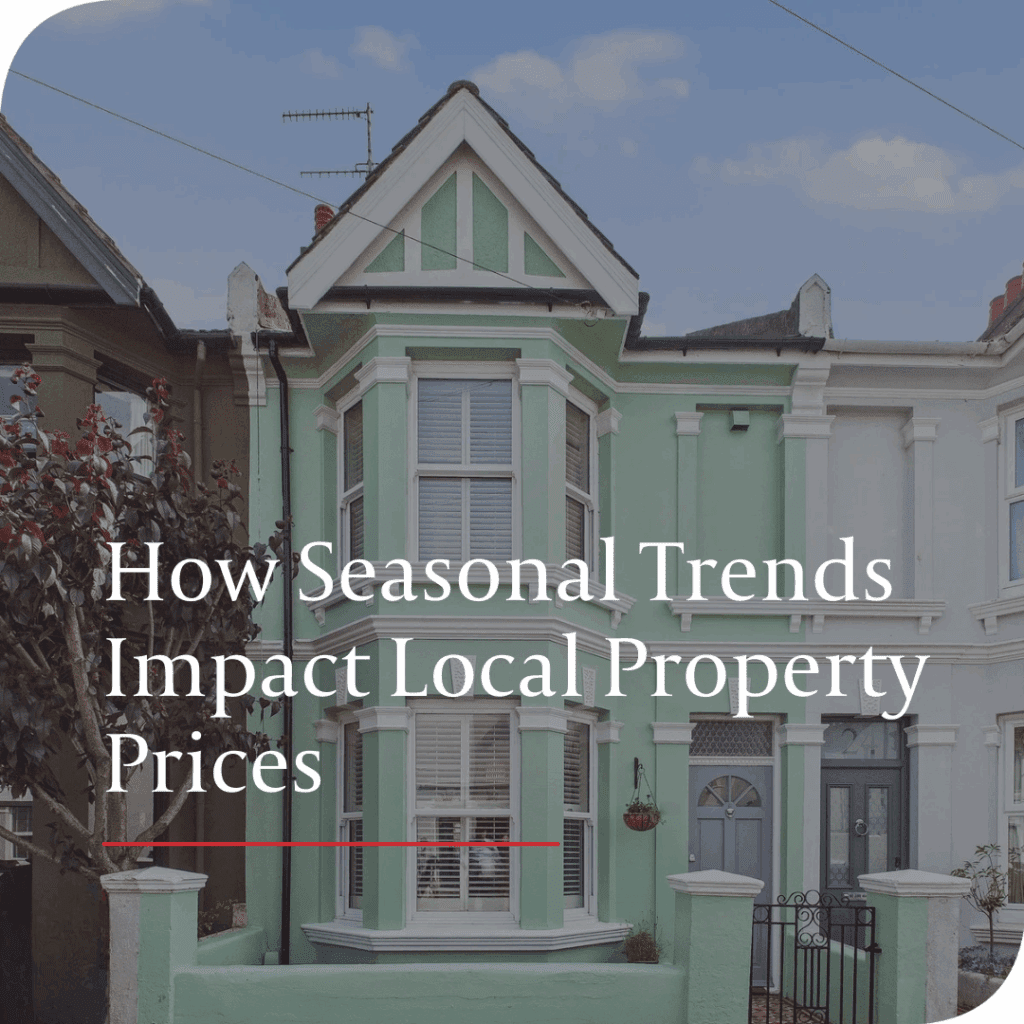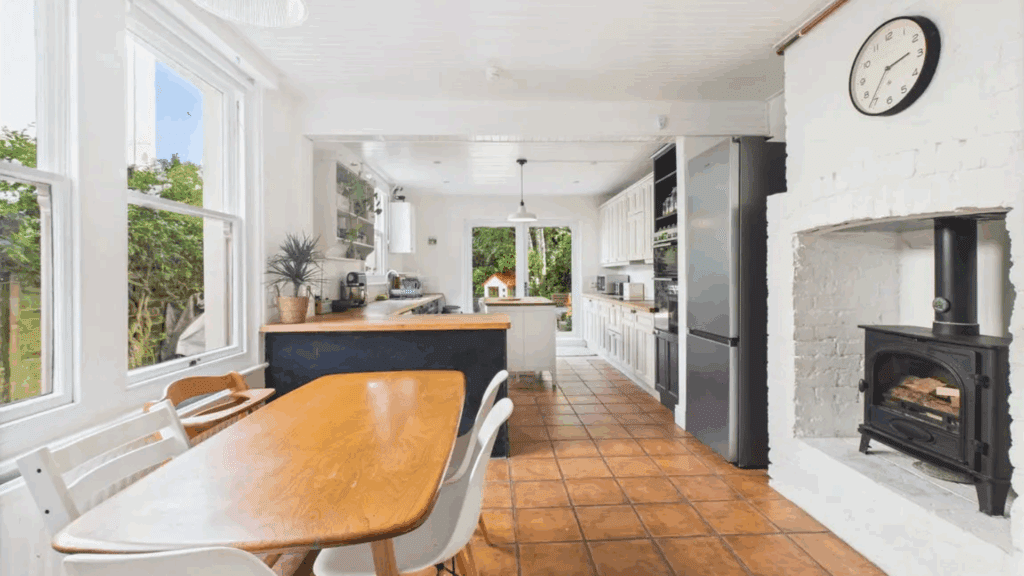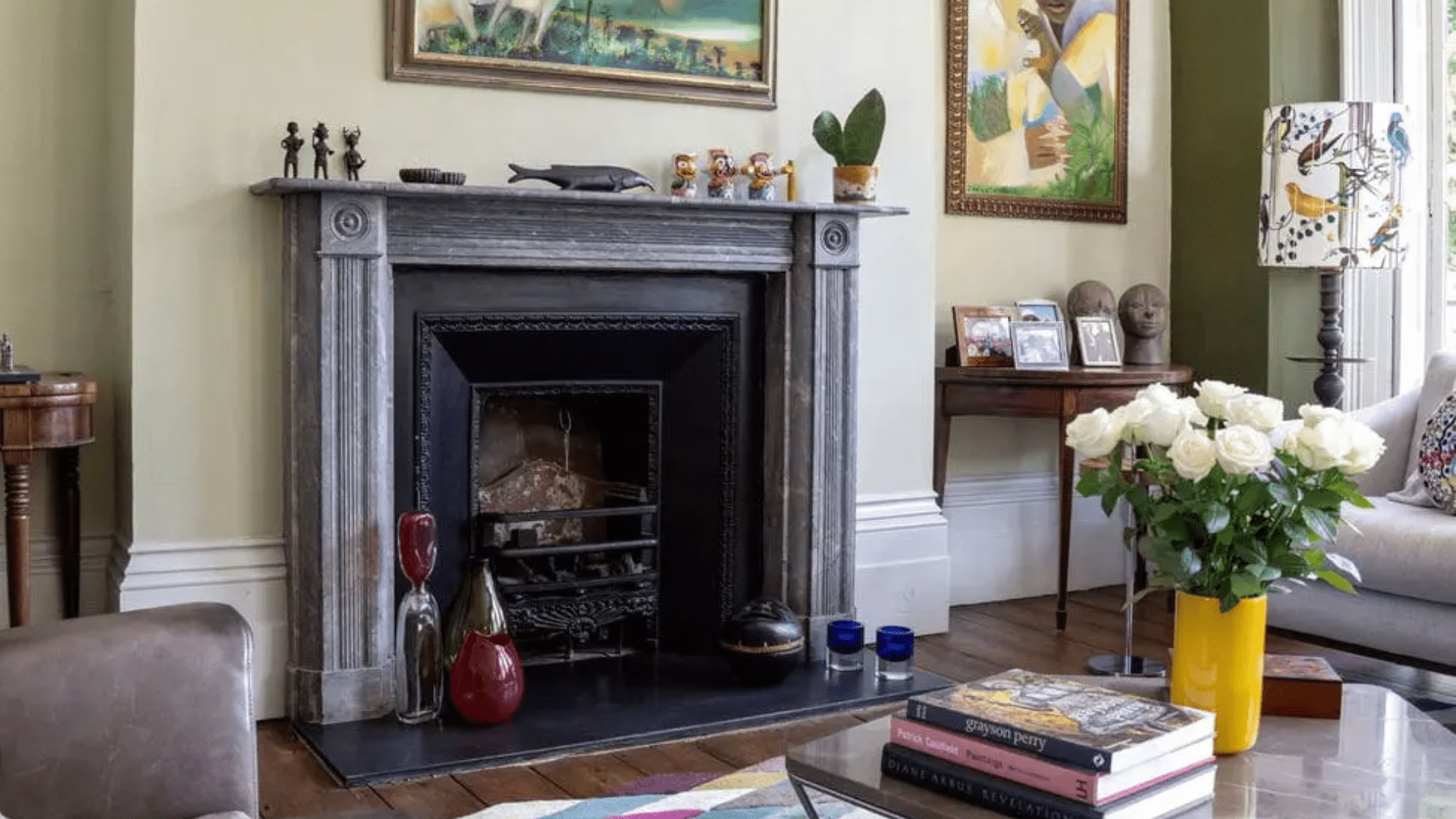
Period properties are often admired for their charm, character, and timeless appeal. From Victorian terraces to Georgian townhouses, these homes can offer unique features and a sense of history you won’t find in modern builds. But along with their beauty, they come with their own set of challenges.
If you’re thinking of buying a period property, here are five key things to consider before making the leap.
1. Understand the Maintenance Requirements
Older homes are built differently from modern properties. Their materials and construction techniques may require specialist care. For example:
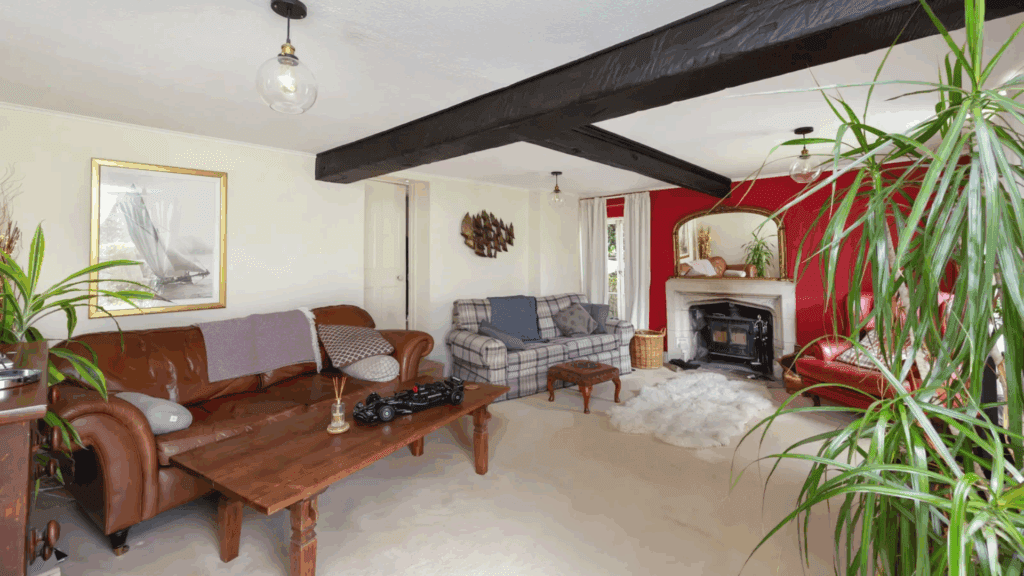
- Solid walls instead of cavity walls mean different insulation approaches.
- Original sash windows may need restoration rather than replacement.
- Roofing materials like slate or clay tiles often require skilled trades to repair.
Factor in higher maintenance costs and make sure you have reliable local tradespeople who understand heritage buildings.
2. Check for Structural Issues Early
Period homes may have stood the test of time, but that doesn’t mean they’re free from structural problems.
Look out for:
A specialist building survey (not just a standard homebuyer’s report) is worth the extra investment. It can identify potential problems and save you unexpected costs later.
3. Be Aware of Listed Status or Conservation Area Rules
If the property is listed or sits in a conservation area, there will be restrictions on alterations.
This could mean:
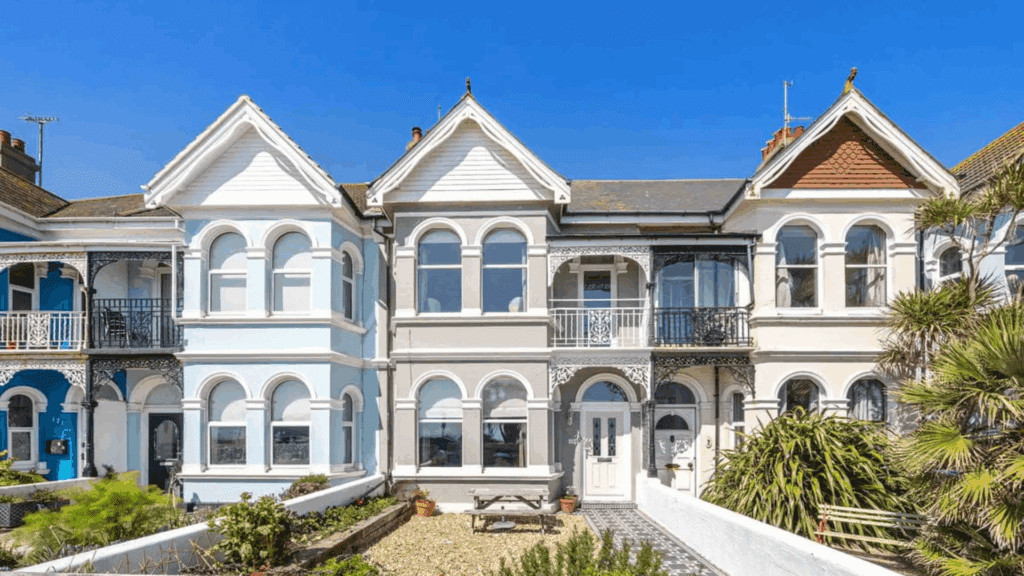
- You need permission to change windows, doors, or roofing materials.
- Extensions or internal layout changes require special consent.
- Using traditional materials and methods can be more expensive.
Understanding these rules before you buy will help you plan realistically and avoid legal headaches.
4. Consider Energy Efficiency Upgrades
Many period properties were built long before modern energy standards.
Common issues include:
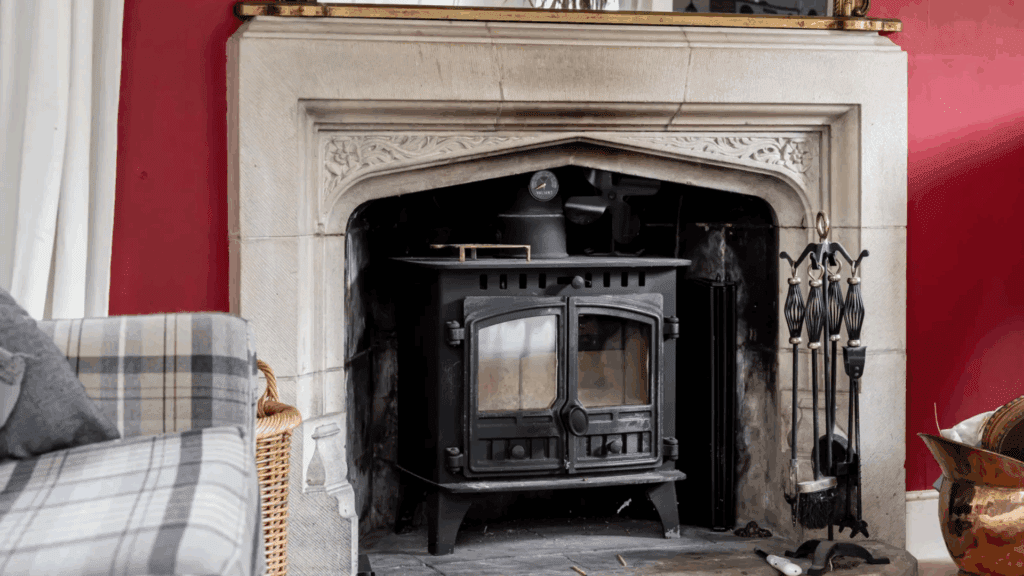
- Poor insulation.
- Single-glazed windows.
- Inefficient heating systems.
Look into grants or government schemes for retrofitting insulation, installing secondary glazing, or upgrading heating systems. Improving efficiency can save you money on energy bills and make the property more comfortable year-round.
5. Think About Long-Term Value
Period homes tend to hold their value well, especially in desirable locations. Their scarcity and architectural appeal can make them attractive to future buyers.
However, resale value may depend on:
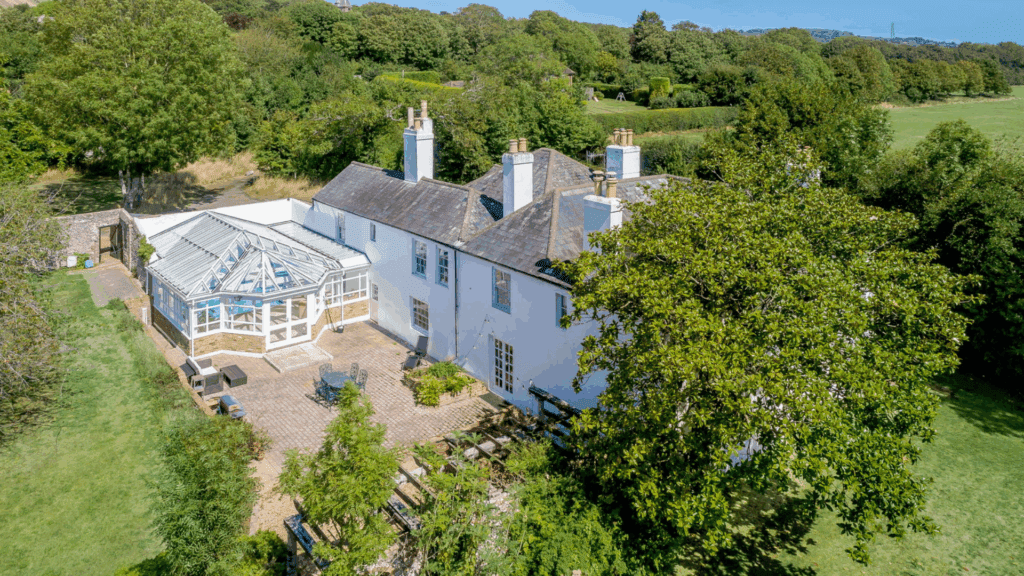
- Quality of renovations.
- Maintenance of original features.
- Local demand for heritage homes.
Balancing sympathetic restoration with modern comfort is often the best way to protect your investment and ensure your home’s enduring appeal.
Final Thoughts
Buying a period property can be incredibly rewarding if you go in with your eyes open. The charm, craftsmanship, and history make them stand out in the market—but they do require careful upkeep and planning.
At Jacobs Steel, we understand the unique considerations that come with heritage homes. Our team can guide you through the process, from finding the right property to understanding the responsibilities that come with it.
Thinking of buying a period property? Speak to our experienced team today for expert advice tailored to your goals.
Other articles you might enjoy


